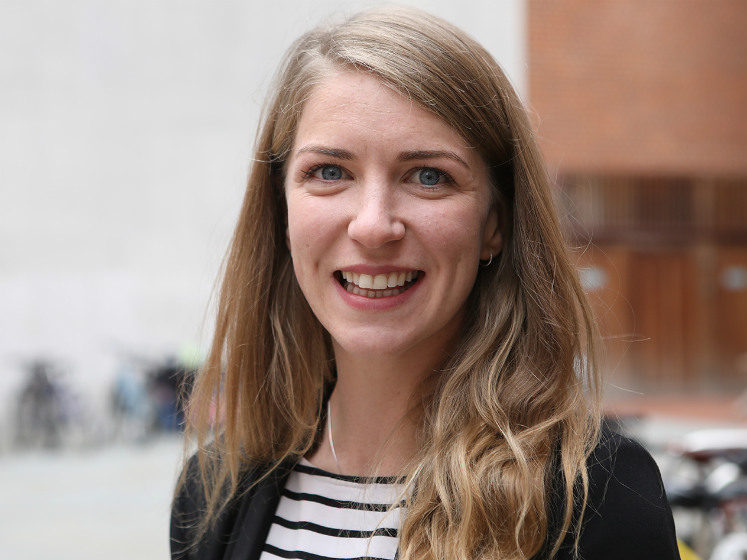 Kate Laffan
Kate Laffan
What are you currently researching?
My research is focused on understanding the reciprocal relationship between human wellbeing and the natural environment. There are two strands to my current research agenda.
The first considers how the quality of our environment influences our wellbeing and our behaviour. The second considers how to encourage individuals to engage in pro-environmental behaviours, using lab and field experiments to test intervention strategies.
Why did you choose this area of study?
I chose to study social policy as I am interested in the role of policy in protecting and enhancing individual welfare. Within that I focused on the natural environment as it is a key determinant of our wellbeing and one which is under threat.
How will your research improve or have a wider impact on society?
I hope my work will help measure and communicate the value of environmental quality for human wellbeing with the ultimate goal of it being given greater policy priority.
Additionally, I hope it will feed both public and private policy working towards environmental protection goals by identifying and developing behavioural interventions which can achieve positive environmental impact.
What do you hope to do career-wise, long term?
I am planning on staying on at LSE as a post-doc for the year after my PhD and have not thought too far along after that. Generally speaking, I would like to build a career that involves interdisciplinary policy-focused research.
Can you provide any advice to prospective students about the most effective way to approach research and keep stress levels down?
My number one recommendation when starting to do research is to take some methods classes - the Department of Methodology offers a great range of hands-on classes which prepare you to carry out analysis on your own - I still use my notes from classes I took years ago.
To keep stress levels down, I recommend going to/listening to public lectures at LSE - you always learn something new from them, and they remind you of why research is exciting and important.
What resources are available at LSE to help young researchers?
I have found the community of academics at LSE have been extremely supportive; people are almost always open to meeting for a coffee and are happy to give advice. Beyond that, the PhD Academy runs many workshops which are designed to walk you through all aspects of doing a PhD - they are well worth checking out.
In a few words, what is the best thing about studying at LSE?
The opportunity to meet and work with world-class academics, to make friends with students from different countries with different social science backgrounds, and to teach challenging and interested students.